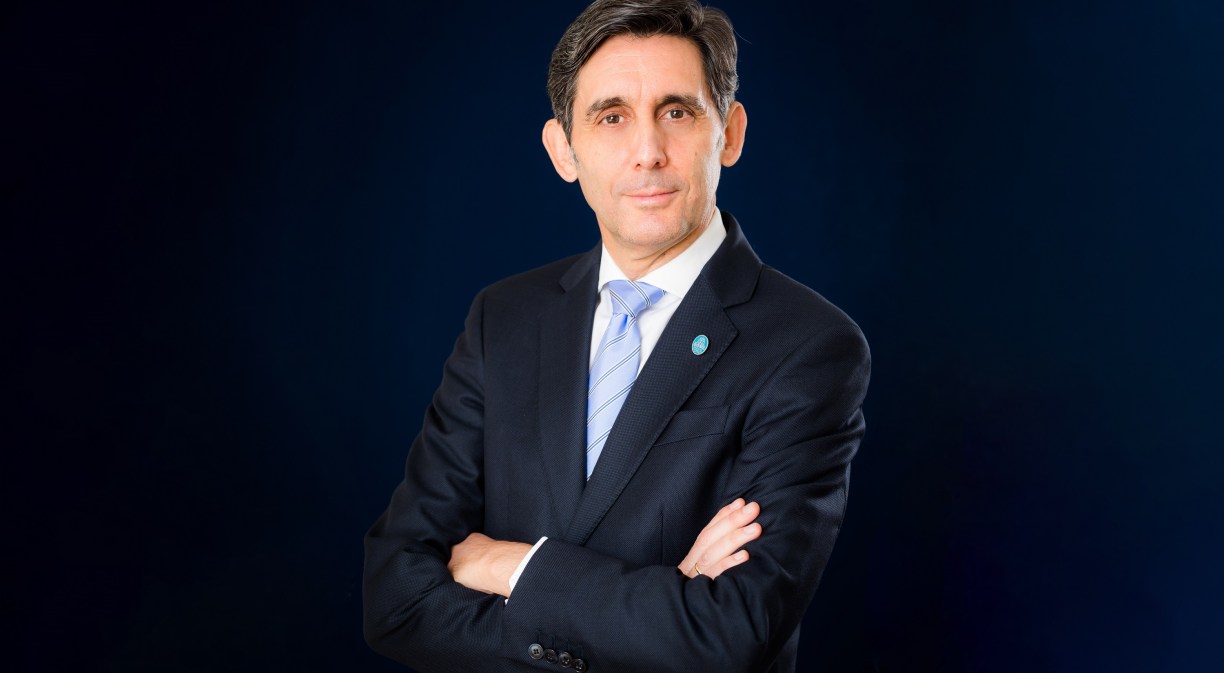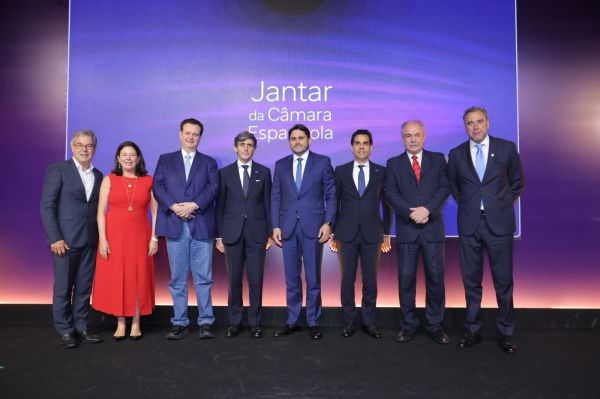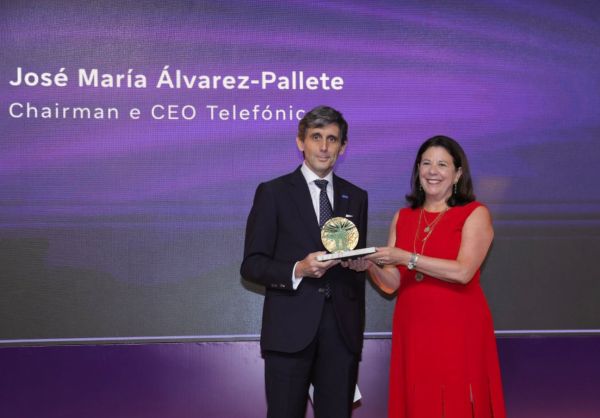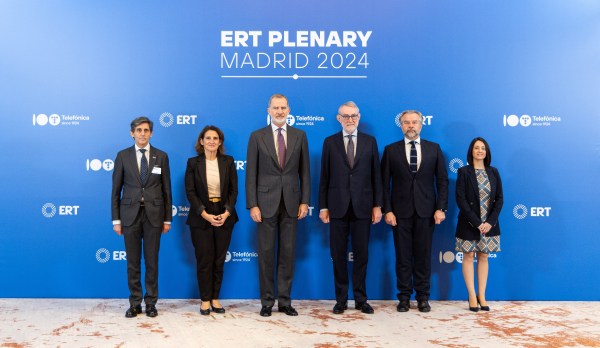José María Álvarez-Pallete, Chairman and CEO of Telefónica, has been appointed chairman of the Jobs, Skills & Impact Committee during the quarterly plenary session of the ERT, the organization formed by leaders of some of the largest businesses in Europe. Telefónica’s Executive picks up the baton of the great work accomplished by Paolo Azevedo, Chairman of Sonae, achieving great milestones in the development of projects and the commitment of the members.
The aim of the Jobs, Skills and Impact Committee is to find ways to bridge the skills gap, build an inclusive company culture, and industries value to society as a driver for inclusive growth. To date, one of the most relevant projects within the Committee framework is “Reskilling for employment” (R4E), which aims to promote projects to improve and reskill employees to adapt them to a changing world of work and ensure that no one is left behind. R4E mobilizes partnerships between relevant organizations and shares best practices to reskill for employment.
“Reskilling is the most important challenge that people will be facing in the next years. Not just for society but because the ability of global companies to harness the growth potential of new technological adoption is hindered by skills shortage”, José María Álvarez-Pallete stated during his intervention.
To this end, Telefónica is orientating and training 100,000 people a year through the new Innovation and Talent Hub to further expand people’s capabilities and promote the most complete and powerful corporate learning ecosystem in the market today. R4E is then another example of the commitment of companies to promote and retain talent in Europe, favoring inclusive and sustainable economic development.
There are other two projects about “Diversity” and “Digitally Enabled Workforce of the Future” being worked on in this Committee. Regarding the Diversity group, the European Round Table publishes yearly a Women in Leadership Positions Report and has published Embrace Difference Website, where ERT CEOs share their views and successful initiatives in their companies to enhance an open, fair, diverse and inclusive work environment.
After the pandemic and the acceleration of digital tools at work, the ERT also started working on Digitally Enabled Workforce of the Future, with a focus on the topic of “flex work”. As part of this effort, ERT is collecting input from the participants concerning the perspectives of their companies on the issue. This project is an example of how collaboration is key to achieve a more prosperous and inclusive society and economy. As José María Álvarez-Pallete highlighted: “Private-public cooperation is critical to create a learning framework that can prepare us for digital society and labour markets”.
Cooperation is indispensable to bridge skills divides and promote social and economic progress. This premise will govern the thrust of the Committee and each of the projects that will continue to be developed. It is time to accelerate. The time is now.
The European Round Table for Industry (ERT), founded in April 1983 by 17 leading European business leaders, has a long history of promoting competitiveness and prosperity in Europe. They were united by a belief that European co-operation between industry, policymakers and all stakeholders is essential to strengthen Europe’s place in the world. Today, ERT Members include CEOs and Chairs from around 60 of Europe’s largest companies in the industrial and technological sector.








